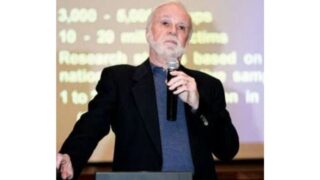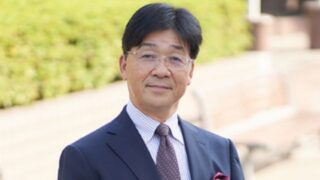Falsely qualified as “pagan” by anti-cultists, the group was born from popular Islam and mediums who claimed to channel Sufi saints.
by Massimo Introvigne


After Allya Ayat, another new religious movement from Kazakhstan is targeted by the Russian FSB, incited to crack down on it by anti-cultists. On August 10, the Missionary Department of the Russian Orthodox Diocese of Novosibirsk, led by Archpriest Alexander Novopashin, Alexander Dvorkin’s deputy in the Russian umbrella anti-cult organization Center for Religious Studies, published a document against the Kazakh movement Ata Zholy.
Ata Zholy has been declared “extremist” and “liquidated” in several Russian cities and territories, but is still active in Russia, as well as in Kazakhstan (despite having being banned in 2009) and Kyrgyzstan, where it has also generated a couple of splinter groups.
Interestingly, in a climate where “pagans” are blamed by anti-cultists for anti-Russian feelings in Ukraine, Ata Zholy is denounced as a “pagan” or “neo-pagan” group. This is a mischaracterization. Although the movement does incorporate pre-Islamic and shamanistic elements, its origins are clearly in popular Islam. Penn State University’s Wendell Schwab, one of the few Western scholars who have studied Ata Zholy, calls it “a new Islamic movement” and part of “popular Islam.”


Ata Zholy was founded in Kazakhstan in 1999 by Kadyrali Tarybaev (1961–2009), and registered as a travel agency organizing Islamic pilgrimages to various sites in Kazakhstan and Turkmenistan. Its local groups are called “hordes.” The most popular Ata Zholy pilgrimage is to the mausoleums of the Five Forefathers, religious and national figures who lived between the 18th and the 20th century and gave to Kazakhstan its ethnic and religious identity, located in the Zhambyl District of the Almaty region.


Members are also encouraged to visit the graves of their own ancestors, and read there the Quran and “The Fortress of the Muslim,” a book of prayers taken from the Quran and the hadiths that is the most popular Islamic book in Kazakhstan after the Quran itself.
While these pilgrimages are part and parcel of popular Central Asian Islam, what makes Ata Zholy both attractive to many and controversial is that its leaders, including Tarybaev, were and are Spiritualist mediums and channel the spirits of Sufi saints and ancestors. Schwab reports that many Ata Zholy members are simple people, and what they know about Islam they learned from sermons pronounced by the ancestors and the Sufi saints who speak through the movement’s mediums.
Ata Zholy mediums are supposed to also have healing powers, which has led both in Russia and Kazakhstan to the accusation of inducing members to rely on “magical” cures rather than on healing and medicine. Anthropologist Eve-Marie Dubuisson did fieldwork on Ata Zholy. She reported in a book she published in 2017 that the movement does indeed promise cures for alcoholism, drug addiction, sterility, and even blindness, and mediums were occasionally sued when they did not deliver the promised results. Costs charged for Ata Zholy’s “esoteric tourism” have also been denounced as excessive.


While aspects of Ata Zholy may indeed be problematic, and led to internecine struggles and the schisms in Kyrgyzstan, Russian anti-cultists rely on the rhetoric of the “destructive cult” and the “extremist movement” (which the group is not, being on the contrary, as its scholars have noted, remarkably tolerant of other religions), ignoring its roots in Central Asian folk Islam.








